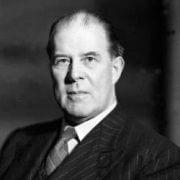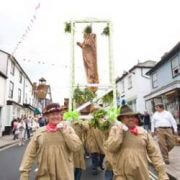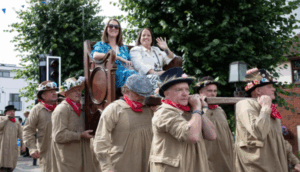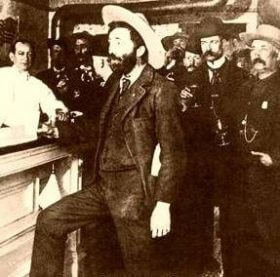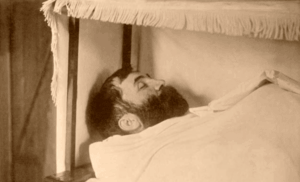July 11 is Cheer Up the Lonely Day

So close. Find the correct quote below, courtesy of quoteinvestigator.com.
Today is Cheer Up the Lonely Day, created by Francis Pesek of Detroit, Michigan. His daughter L.J. Pesek described him as “a quiet, kind, wonderful man who had a heart of gold.”
“He got the idea as a way of promoting kindness toward others who were lonely or forgotten as shut-ins or in nursing homes with no relatives or friends to look in on them.” She said he chose July 11 because it was his birthday.
-
sad because one has no friends or company.“lonely old people whose families do not care for them”
-
without companions; solitary.“passing long lonely hours looking onto the street”
-
(of a place) unfrequented and remote.“a lonely stretch of country lane”
-
The elderly can become isolated as their circles of friends grow smaller due to the illness and death of their contemporaries. They may be relocated to facilities at the fringes of their communities. Loss of physical mobility makes it a struggle to visit others; losing autonomy after lives spent caring for themselves and others takes a psychological toll that can result in depression.
Mark Twain once wrote, “The best way to cheer yourself is to try to cheer somebody else up.” There’s no denying that time spent face-to-face with loved ones, telling them how much they mean to us, does our hearts good. We also know what it’s like to be lonely. It can happen in the middle of a crowd. It only takes a moment to be kind to a stranger today.
Have a happy Cheer Up the Lonely Day and remember how good it feels. That way, we can keep it going tomorrow and every day after that.

